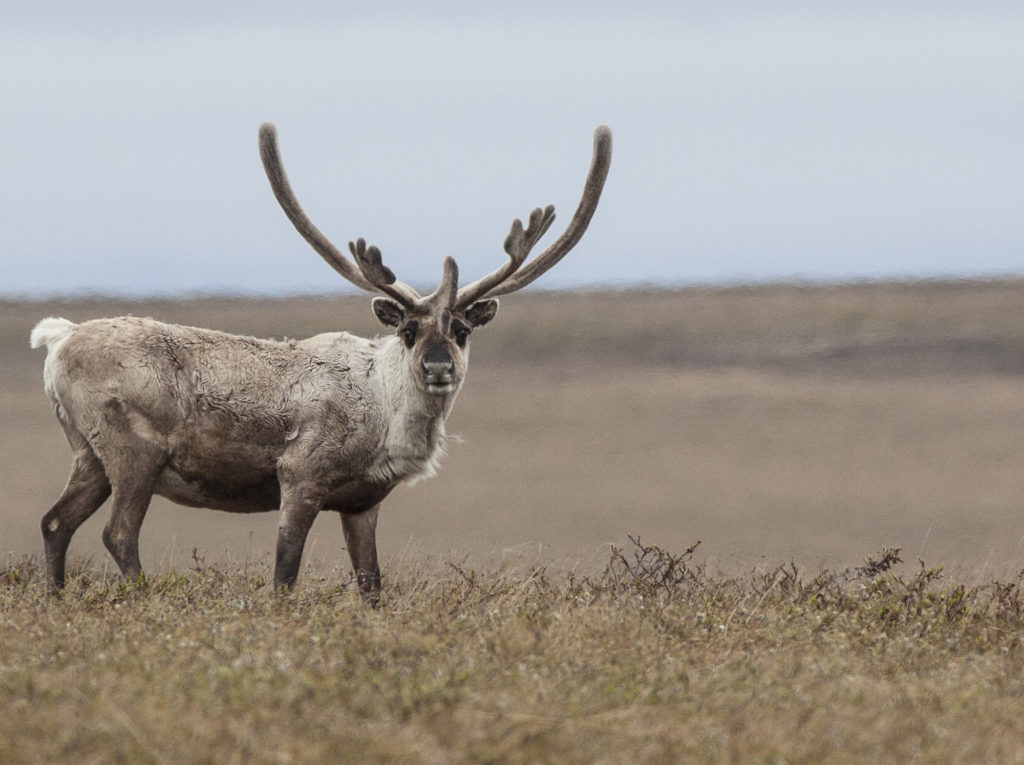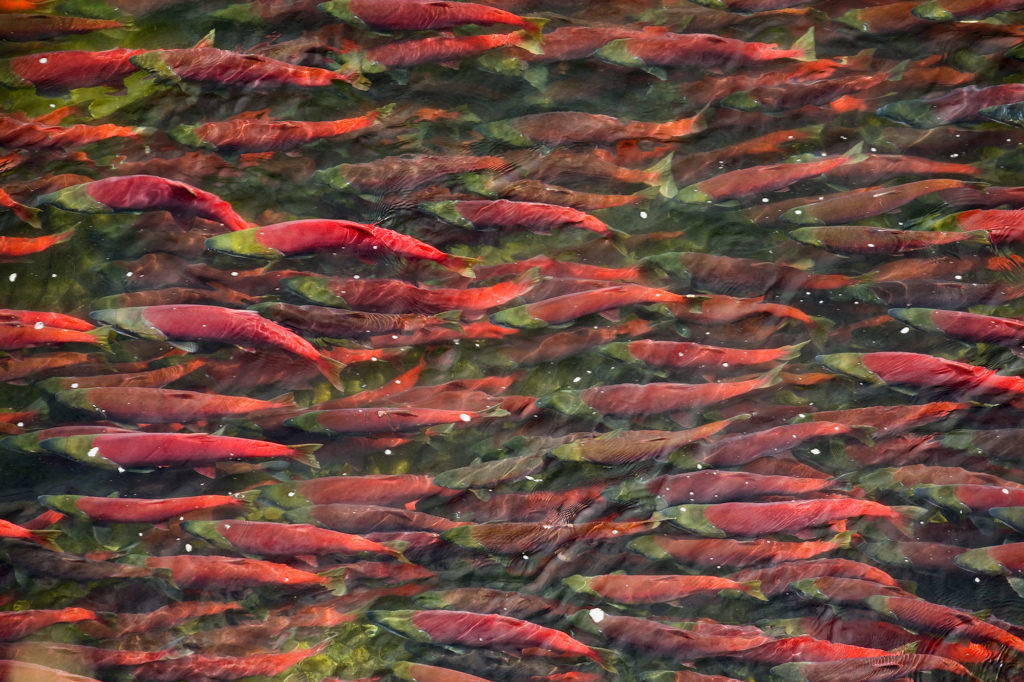Alaska Tribes, Community Members and Conservation Groups Share Their Appreciation
In the last two weeks of the Trump Administration, the Interior Department rushed to open up tens of millions of acres of public lands to mining and oil and gas development despite objections from regional Tribes, tribal organizations and conservation groups over lack of consultation and the wholesale push to prioritize industrial activities. On April 15th, the Biden Administration’s Interior Department announced that it was putting those decisions on hold, while it undertakes a two-year review process to take a more inclusive approach to the management plans for these public lands.

The Interior Department’s announcement identified major defects in the Public Land Orders (PLOs) that would have formalized the opening of those lands to industrial activity, including failure to secure consent from the Department of Defense with regard to lands withdrawn for defense purposes, failure to adequately analyze impacts on subsistence hunting and fish, reliance on outdated data, and failure to comply with the National Historic Preservation Act. Over the next two years, the Bureau of Land Management will undertake a new review, complete necessary consultation and correct defects in the Public Land Orders.
Not surprisingly, the announcement was welcomed by many Tribes and communities throughout the region, who sent a thank you letter to the Interior Secretary. The management of 28 million acres of federal public lands are at stake, with profound implications for the rural communities and the region’s tribes that have lived in the area for a millennium and rely on the area’s fish and wildlife.
“The blanket lifting of Public Land Orders would have opened lands that are critical habitat for our subsistence hunting, fishing and cultural values to industrial exploration and development.” The Bureau’s decision, “is being celebrated across our state as a win for the hundreds of communities that rely upon BLM lands for physical and cultural sustenance.”
Letter to Interior from over two dozen tribes and tribal organizations
Climate change is already having a profound effect in Alaska, with temperatures rising much more rapidly than in the lower 48 states. Mining and other extractive development would exacerbate the harm to salmon-rich rivers and streams and stress wildlife that are critical for subsistence uses to nearby Native villages and communities.
“The effects of warming temperatures are already killing fish in the North and Golsovia Rivers that we rely on for fishing. If mining also takes place at the head of these rivers it will turn them into dead zones.” – Doug Katchatag, the President of the Norton Bay Inter-Tribal Watershed Council who lives in Unalakleet
“We applaud BLM for showing understanding and cooperation in the conservation and protections of our subsistence resources that the previous administration did not.” – Carol Oliver, Chinik Eskimo Community Tribal Council in Golovin
Conservation groups also cheered the Interior Department’s decision.
“The DOI’s decision to hit pause on the blanket opening of millions of acres of land to industry is being celebrated across Alaska. We stand in solidarity with tribes to thank you for the overdue acknowledgement of the importance of subsistence and cultural resources of these lands. Many of the lands in question provide irreplaceable food resources for communities, such as summer, winter and migration corridor habitat for the Western Arctic Caribou Herd and important fishing lakes, streams and rivers.” – April 26, 2021 letter from conservation groups.
The Interior Department is moving rapidly, announcing last week that it would initiate formal consultation in two weeks.
We’re heartened by the Interior Department’s decision and its focus on a more inclusive approach.



